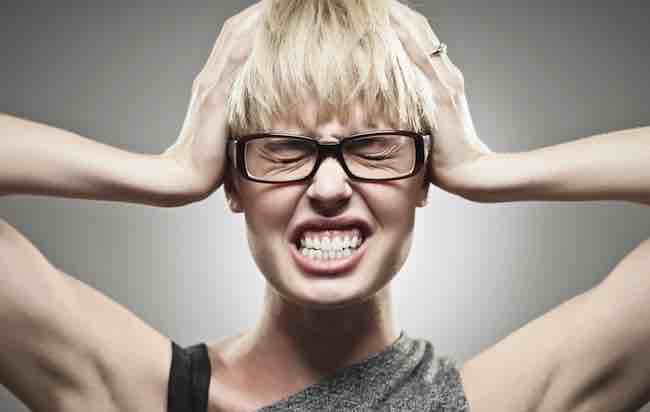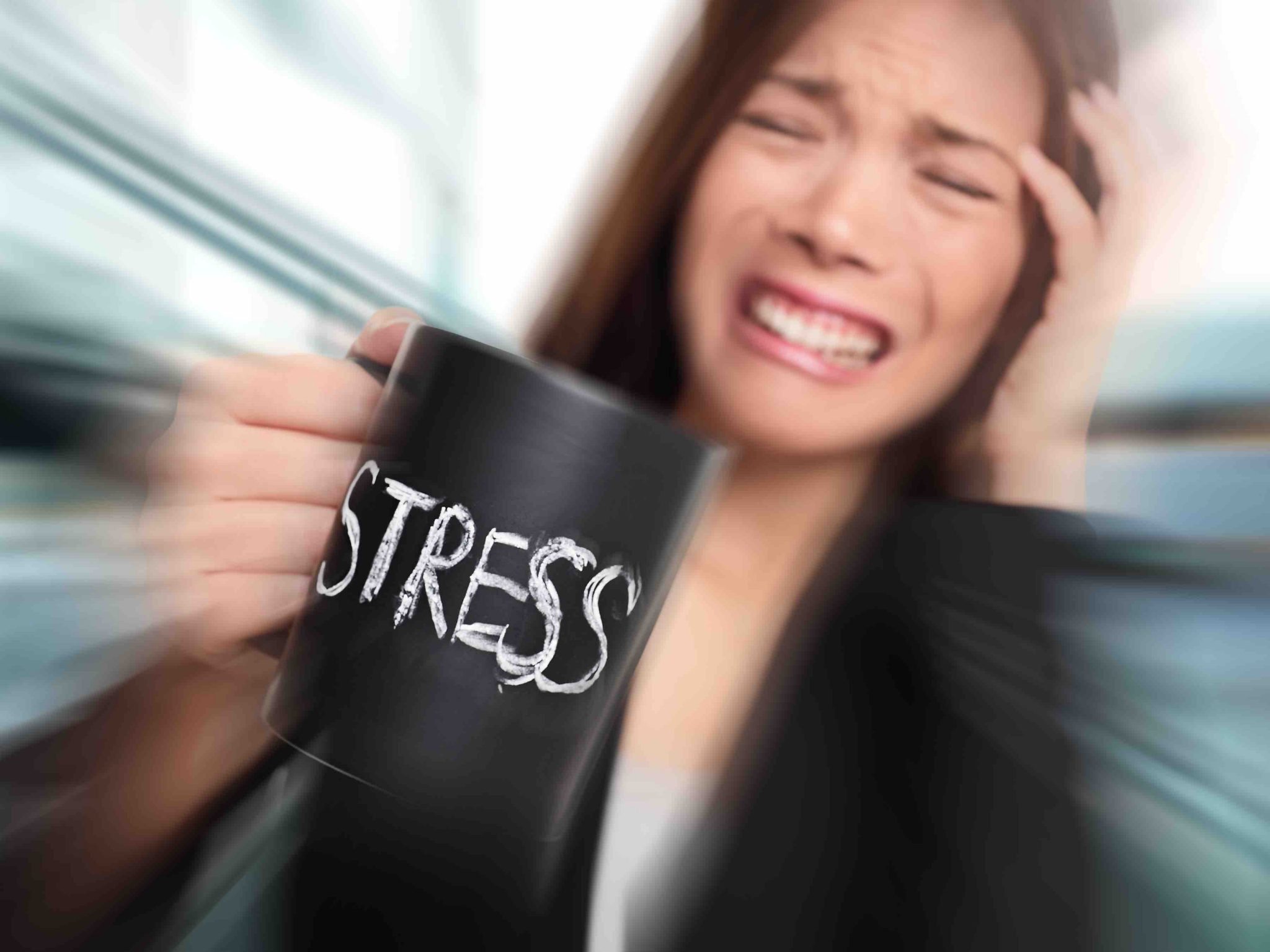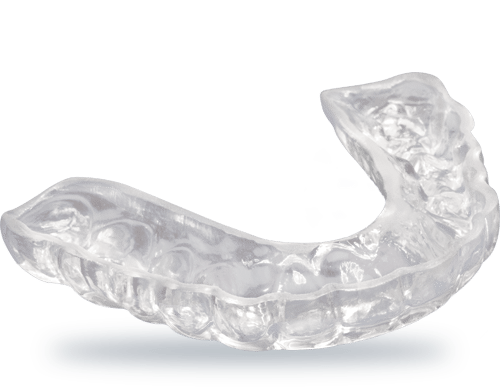Definition of Bruxism - Teeth Grinding
Bruxism describes a series of related behaviours including teeth grinding and clenching of the jaw. It can happen at any time of the day as it is a subconscious behaviour that can be aggravated by stress and anxiety. If you wake up in the morning with a headache or sore facial muscles or if your teeth are sensitive to cold or touch! You may be suffering from bruxism.
People may unknowingly grind their teeth during the day, but it most commonly occurs at night where the biting force resulting from teeth grinding exerted can range from 100 to 600 psi. This incredible amount of force can have various side-effects on your dental health.
When you look in the mirror you may see a flattening effect beginning to appear on your teeth. This wasn't there ten years ago, or maybe it was and it has steadily got worse. Teeth Grinding and clenching can have an immense negative impact on your dental health as it can cause accelerated wear on the teeth, damage to the jaw and sore, aching facial muscles.


Symptoms or Problems Caused by Bruxism include:
- Sore Muscles, Headaches, Ear Aches, TMJ problems
- Gum recession and sensitive teeth
- Wearing or breaking of the teeth
- Facial muscle tension throughout the day
- Upper back/neck pain and stiffness
- Morning jaw soreness
The variation in signs and symptoms reflects the strength of clenching and teeth grinding involved in bruxism. People who clench their teeth forcefully may experience tension-related headaches but may have little or no damage to the teeth or jaw joint. Tight clenching alone puts minimal pressure on the jaw joint. Those who experience severe grinding may have damaged teeth and jaw joint problems. People with mild tooth grinding may have worn teeth surfaces but no jaw joint pain or teeth sensitivity. These individuals may not even realise that suffer from bruxism.
Treatment for Teeth Grinding
An accurate diagnosis is very important to ensure that the right treatment is undertaken. Before starting treatment your Preston dentist will make a diagnosis based on a clinical examination and your medical and dental history. During the examination the dentist will note the exact location of pain, stiffness or soreness, the range of jaw movement and any noises in the jaw joint. We may examine your bite, tooth wear and movement of teeth in relation to your general dental health.
Treatment will aim to find and remove the causes of Bruxism, change the behaviour that causes the bruxism and also repair the damage that bruxism often causes.
We will look for local problems possibly causing the atypical relation between the upper and lower teeth. Your bite may need to be corrected and improved. If pain is a symptom, your dentist will look for related causes, such as an ear infection or a TMJ disorders. Your Preston dentist may prescribe: painkillers for muscular facial pain, headaches and jaw joint pain or even muscle relaxant medication to help relax your jaw muscles. At some point in the course of your treatment, it may be necessary to repair the damaged teeth. Restorations such as crowns or onlays can replace damaged tooth surfaces.
Root canal treatment may be required where tooth fractures extend into the pulp. In extreme cases, extraction of severely damaged teeth may be the only option. Partial dentures, bridges or implants can replace missing teeth.
One of the most effective treatments for bruxism is occlusal splints which is small plastic mouth-guards that can be used immediately without specialist fitting. Occlusal splints protect the teeth from premature wear, reduce jaw muscle activity and the noise of teeth grinding. This means that the user need not worry about ruining their teeth and their bed partner will not be disturbed by the noise.

